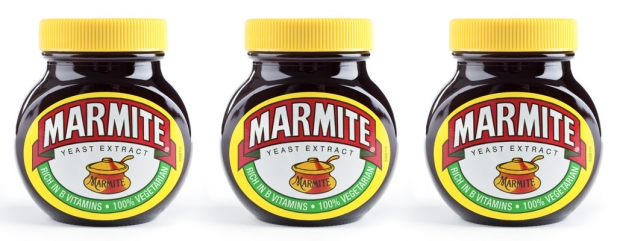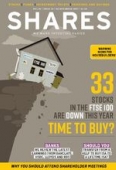Archived article
Please note that tax, investment, pension and ISA rules can change and the information and any views contained in this article may now be inaccurate.
Lots to love about Unilever

 Investors skittish about the potential for market corrections should introduce some high quality picks into their portfolios. One corporate colossus which has sold off from peaks is packaged consumer goods goliath Unilever (ULVR), the Anglo-Dutch behemoth behind brands ranging from Persil and PG Tips to Marmite, Ben & Jerry’s and the high-growth Dollar Shave Club.
Investors skittish about the potential for market corrections should introduce some high quality picks into their portfolios. One corporate colossus which has sold off from peaks is packaged consumer goods goliath Unilever (ULVR), the Anglo-Dutch behemoth behind brands ranging from Persil and PG Tips to Marmite, Ben & Jerry’s and the high-growth Dollar Shave Club.
What’s behind recent weakness?
Unilever’s shares soared after US rival Kraft Heinz lodged a blockbuster $143bn bid in February. Paul Polman-led Unilever successfully batted away the bid but was effectively forced into a strategic review (6 Apr). More recently, Unilever shares were marked down on news (19 Oct) of weak third quarter organic growth of 2.6%, blamed on poorer weather in Europe, fierce competition and the hurricanes in Florida and Texas.
Some investors question if management’s ambitious margin targets are detracting from its ability to deliver revenue growth, while also worrying about advertising spending cuts to support earnings. But reassuringly Unilever is compensating for muted volume growth by squeezing prices higher, a testament to the power of its brands.
Form is temporary, class is permanent
We’re staying positive on this unique asset and compounding star turn. Entrenchment in the supply chains of its retailers is the source of Unilever’s wide economic moat.
Its earnings are reasonably predictable, fantastic brands confer pricing power, while strong cash flows have enabled Unilever to consistently grow its dividend in real terms for decades.
It is on track to complete its €5bn share buyback programme by the end of the year.
Furthermore, key markets including India and China are improving and Unilever is only just starting to exploit the potential of its brands in developing economies.
Chief executive Polman insists ‘the transformation of Unilever into a more resilient, more competitive and more profitable business continues’ and flags ‘good progress against the strategic objectives we have set out for 2020’, which include targeting 20% underlying operating margin.
Unilever confidently reiterated full year guidance for 3%-5% organic sales growth. And as Liberum Capital explains, ‘strong free cash flow, a lightly geared balance sheet and scope for more disposals provides Unilever with some scope to address growth concerns via bolt-on mergers and acquisitions (M&A) or higher shareholder returns’.
Unilever plans to sell or demerge its spreads business and private equity groups are reportedly circling, so this competitive bidding is sure to help Unilever secure a good price. Meanwhile, the £52.65bn cap remains acquisitive; recent additions including Weis ice cream in Australia, Pukka Herbs tea in the UK and Carver skin care in Korea. And while Kraft Heinz has yet to return with a new bid, we reckon Unilever remains its prime takeover target. (JC)
Important information:
These articles are provided by Shares magazine which is published by AJ Bell Media, a part of AJ Bell. Shares is not written by AJ Bell.
Shares is provided for your general information and use and is not a personal recommendation to invest. It is not intended to be relied upon by you in making or not making any investment decisions. The investments referred to in these articles will not be suitable for all investors. If in doubt please seek appropriate independent financial advice.
Investors acting on the information in these articles do so at their own risk and AJ Bell Media and its staff do not accept liability for losses suffered by investors as a result of their investment decisions.
 magazine
magazine









